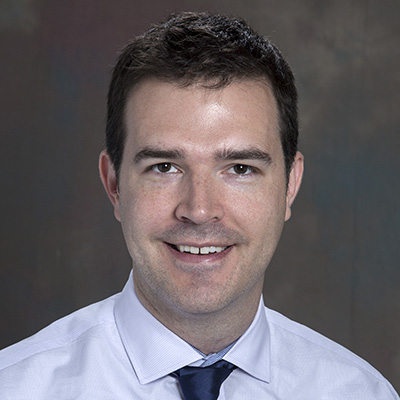Cancer Biology T32 Postdoctoral Training Program
Winship Cancer Institute of Emory University's Cancer Biology T32 Training Program for Postdoctoral Researchers provides enhanced mentored training to postdoctoral trainees researching cancer biology.

Winship Cancer Institute of Emory University's Cancer Biology T32 Training Program for Postdoctoral Researchers provides enhanced mentored training to postdoctoral trainees researching cancer biology.

Advances in our understanding of the biology of cancer can potentially lead to significant breakthroughs in cancer diagnosis and treatment. But the division in training basic scientists and clinicians has impaired the translation of basic science discoveries into clinical advancements.
This is why there is a compelling need for an enhanced, mentored research training program that will bridge the gap between training in rigorous scientific investigation, following the scientific method, and compassionate clinical care for the patient.
Winship Cancer Institute of Emory University has received a T32 training grant from the National Cancer Institute to help develop the next generation of researchers and leaders in cancer biology. Eligible postdoctoral trainees (PhD basic scientists and/or MD clinical residents/fellows) will take advantage of Winship's outstanding resources—including our high-caliber investigators and close collaboration between cancer biologists and clinicians—to provide a unique, individualized and multifaceted training experience. The program will support postdoctoral trainees in making transformative discoveries that improve the quality of care for patients by acquiring the knowledge and skills they need to address the most important biological questions and clinically significant problems.
The objective of Winship's Cancer Biology T32 Postdoctoral Training Program is to equip postdoctoral trainees (PhD and/or MD) so they can initiate an impactful, independent research program that will translate novel insights in cancer biology into improvements in clinical care. The program will accomplish its objective by providing trainees with the infrastructure, resources, training, experience and mentorship they need to acquire the depth of knowledge and critical skills in cancer biology research, combined with practical exposure and understanding of clinical concepts.
The training program aims to train the next generation of cancer scientific leaders by providing:
The program combines key didactic, research and career development components to train independent and productive independent researchers. Scholars will participate in four training components:
The mentored research training plan is supervised by independently funded faculty who guide the scholar in the development and conduct of their research project. All trainees are required to form a mentoring committee with at least one clinical mentor from the executive committee or research mentors who can provide scientific insight from a clinical perspective.
Selected scholars must be able to commit to full-time laboratory-based research training (40 hours per week as defined by the NIH) for 12-24 months. We expect that scholars will receive salary support and benefits up to $61,800 per year, $4500 in tuition and fees, $1000 for travel, $3000 for childcare costs, and $12,200 in trainee related expenses to support training program initiatives and specific needs for research, which can include supplies, reagents, poster preparation, etc.
Applicants will need to meet the following requirements:
Additional selection criteria along with terms and conditions will be outlined in the request for applications.
The application process for the current cycle is closed.
Questions about the program should be directed to David Yu, MD, PhD, program director, via email.
Emory University School of Medicine
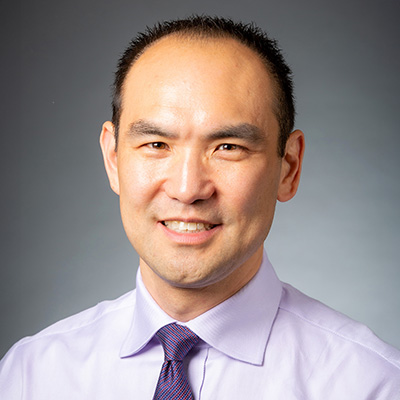
Emory University School of Medicine
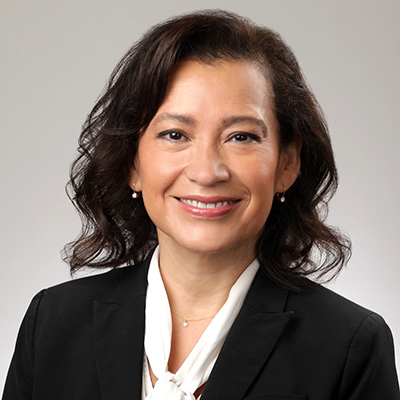
Winship Cancer Institute of Emory University
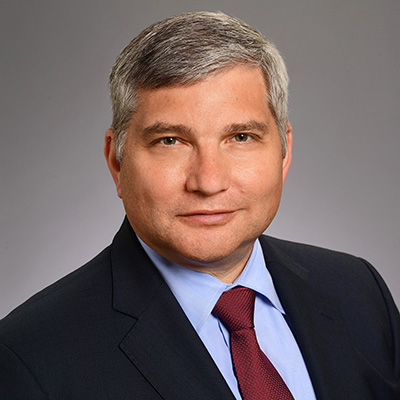
Emory College of Arts and Sciences
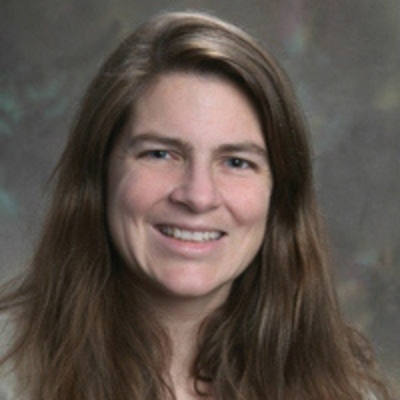
Emory University School of Medicine
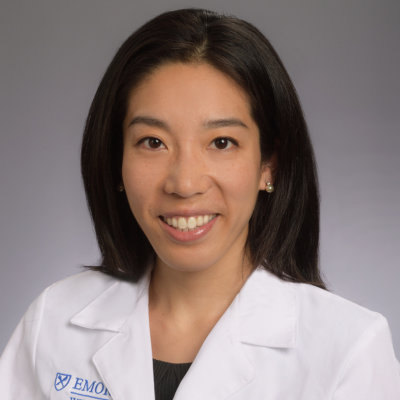
Winship Cancer Institute of Emory University
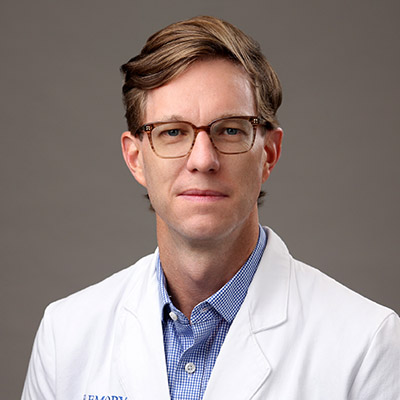
Emory University School of Medicine
